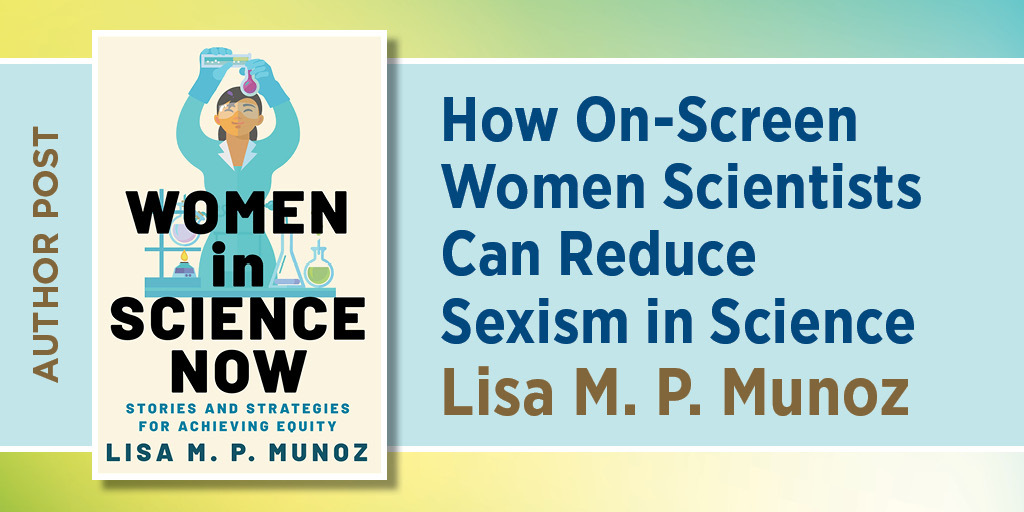When I was an engineering student at Cornell University, one of my first assignments in a science communications class was to analyze scientists in films to better understand public perception of science. Jurassic Park, Contact, Armageddon, Back to the Future—there were many to choose from. I went with the lesser-known Manhattan Project, which is about a secret plutonium refinement lab in Ithaca, New York. It was a fun to watch movies for credit, but I did not fully appreciate at the time how central the idea of the assignment was to the scientific enterprise. After all, movies are fiction and science is not; science is about data and facts, not stories, right?
In hindsight, my approach was naïve. After more than twenty years of working in various facets of science communication, I now view all science communication, even short tweets, through the lens of storytelling. The stories we tell about science are not only what shape how people perceive science but also what areas are propelled forward, where progress and change is most possible. Think about how the storytelling around the moon landing during the Cold War led to an unprecedented era of U.S. space exploration, funded and widely supported by the public.
The same is true for the gender gap in science, the subject of my book Women in Science Now: Stories and Strategies for Achieving Equity. Women in science face challenges to advancement at nearly every phase of their careers. The solutions start, I believe, with storytelling. The stories we tell about science shape how we think about who scientists are and what they do from a young age, and they hold an enormous power for change through awareness and then action.
Read the full post on the Columbia University Press Blog site here.
